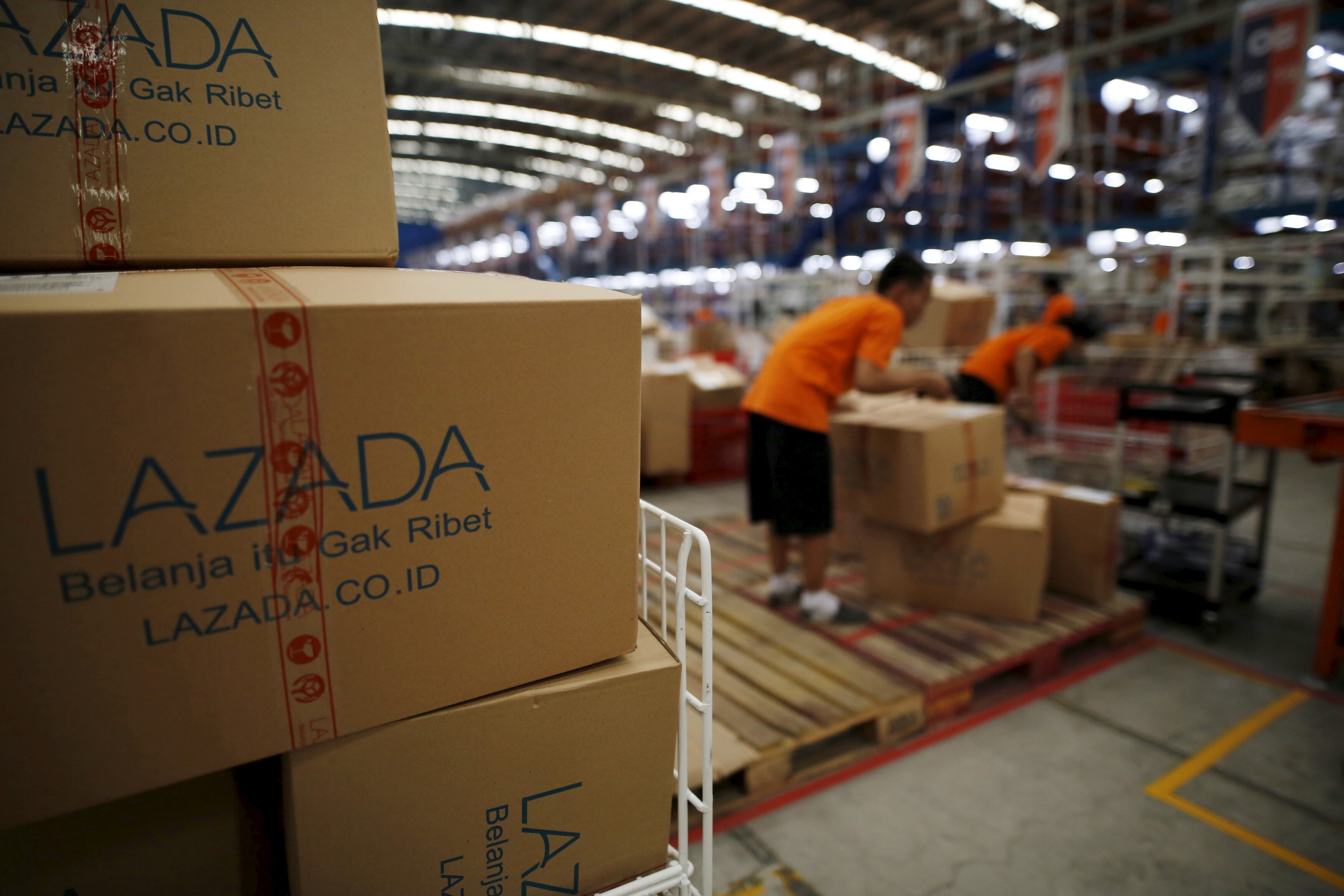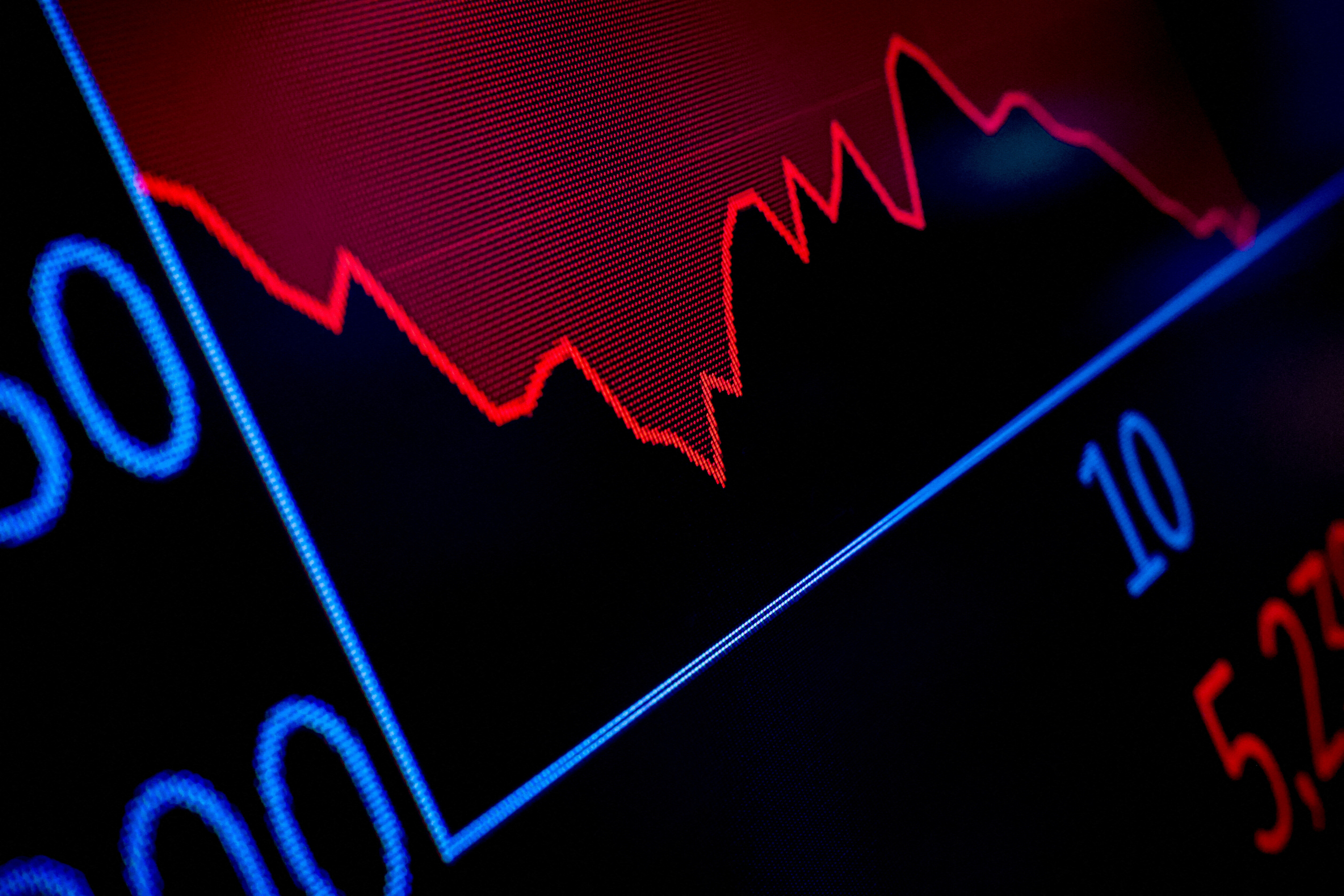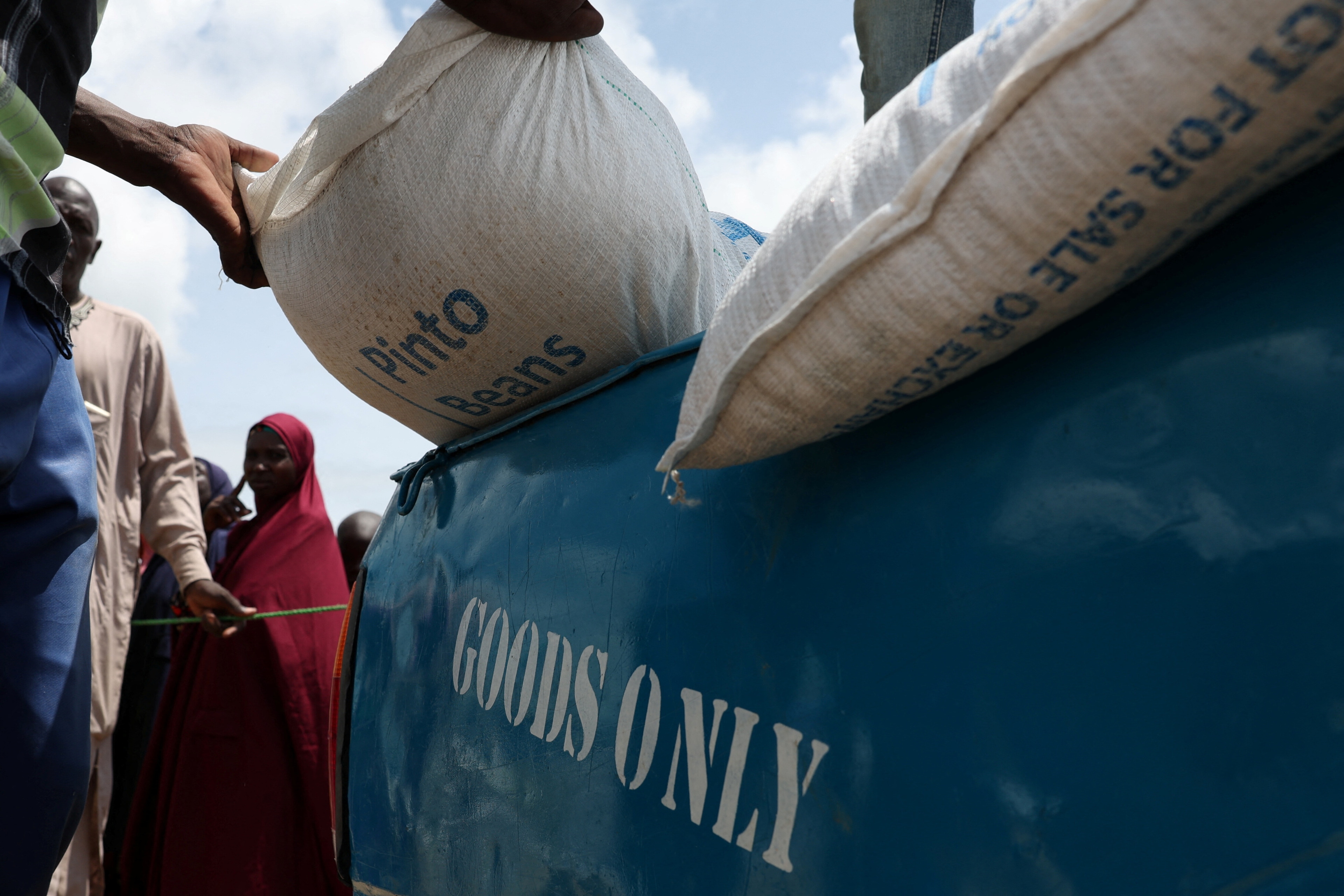What South Korea’s vaccine industry success teaches us about global trade policy

Action on trade facilitation can streamline the global response to health crises such as COVID-19. Image: Photo by Chokniti Khongchum from Pexels
- South Korea has positioned itself as a global vaccine hub, with its biologics industry benefitting from investment.
- The investments will be complemented by human capital development, partnerships with foreign governments and technology providers, and lower tariff barriers on vaccine inputs.
- The example of South Korea highlights how action on tariffs, trade facilitation, and regulatory harmonization can streamline the global response to health crises such as COVID-19.
South Korea: A global vaccine hub
In August 2021, President Moon Jae-in announced that South Korea would launch new initiatives to position the country as a global vaccine hub, including for COVID-19 vaccines.
He announced investments of nearly $2 billion to be disbursed over the next five years. This funding could help move the South Korean biologics industry (responsible for a range of products such as vaccines, blood components and gene therapy) beyond biosimilars (biological medicines) and towards the development and manufacturing of innovator products.
The investments will be complemented by other important policy actions, including human capital development, partnerships with foreign governments and technology providers, and ramping up local materials production of key components. Korea also announced it will lower tariff barriers on vaccine inputs.
The goal of these measures is to position South Korea as a global leader in biologics development and manufacturing, while ensuring it is self-sufficient in terms of the relevant technologies and inputs.
Korea is already home to leading biosimilars producers such as SK Bioscience, GC Pharma, and Samsung Biologics. Korean companies have also figured prominently in the global COVID response, providing contract manufacturing services to diverse vaccine developers.
The country built its production capacity over many years, starting in the 1990s, through targeted investments to build technological capacity, train the workforce, and put the right infrastructure in place. Pharmaceutical industry development, and the growth of the biologics sector, in particular, is a strategic goal laid out in Korean industrial development plans for more than a decade.
The current health technologies plan, which ends next year, sets goals including enhancing R&D capacity, further developing human capital, fostering infrastructure development for the biopharmaceutical sector, and reinforcing engagement with the global economy and global players.
Streamlining regulations in recent years has also supported the evolution of the biologics industry in Korea. Further, its geographic location offers a significant advantage as the Asia-Pacific region continues to experience rapid growth in manufacturing and R&D investment.
Lifting trade tariffs for vaccine development inputs
Removing tariffs on inputs and equipment for biologics manufacturing can have a big impact.
Limiting these costs in biologics value chains can support a country like Korea’s efforts to build capacity in the biopharmaceuticals sector. In addition to the practical effect of lowering costs for domestic producers, it sends the signal that the country is serious about creating the right enabling environment for knowledge partnerships and the evolution of the industry.
Ideally, Korean leadership in facilitating the flow of goods along global value chains for vaccines will be acknowledged and emulated by other WTO Members. For Korea’s strategy to succeed and for rapid global innovation in biotech to continue, an open trading environment for biopharma and vaccine inputs and products is essential.
What is the World Economic Forum doing on trade facilitation?
Opportunity for meaningful trade contribution
The WTO Ministerial this month is the right moment for WTO Members to launch new talks to remove tariff costs from biologics value chains. Tariffs raise costs for domestic producers, adding to the strain and complexity already caused by surging demand and other factors related to the COVID-19 pandemic. Tariff removal improves the business case for domestic or regional manufacturing, across regions. As part of the core business of the WTO, there is no reason that tariff reduction should not be on the table at this time.
The clock is ticking, but there is still time for the WTO Trade and Health Initiative proposed by 20 delegations to deliver tangible, positive impact through action on tariffs, trade facilitation, and regulatory harmonization.
A group of stakeholders, including the World Customs Organization and the World Health Organization, has been working with the WTO Secretariat to develop a list of classification codes for COVID-19-relevant medical supplies.
To provide the best foundation for impact, should tariff elimination be pursued by the WTO Member States, this list could include tariffs on inputs and equipment in addition to finished products relevant to the COVID-19 response.
As recognized by the Korean Government, this is one important part of an enabling policy environment that will support the extension of R&D and bio-manufacturing capacity globally, and therefore aid with future pandemic preparedness.
Don't miss any update on this topic
Create a free account and access your personalized content collection with our latest publications and analyses.
License and Republishing
World Economic Forum articles may be republished in accordance with the Creative Commons Attribution-NonCommercial-NoDerivatives 4.0 International Public License, and in accordance with our Terms of Use.
The views expressed in this article are those of the author alone and not the World Economic Forum.
Stay up to date:
Trade
Related topics:
Forum Stories newsletter
Bringing you weekly curated insights and analysis on the global issues that matter.








